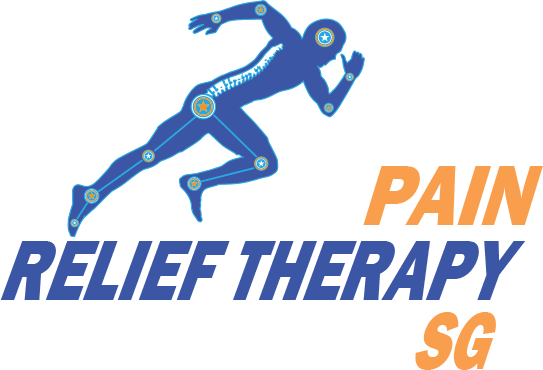Fibromyalgia is a chronic syndrome that is both common and debilitating, causing both physical and mental distress. The symptoms of fibromyalgia can be mistaken for those of arthritis, as they include widespread musculoskeletal pain, fatigue, and sleep, memory, and mood issues. However, unlike arthritis, fibromyalgia does not cause joint or muscle inflammation and damage. Instead, it is classified as a rheumatic condition, causing soft tissue or myofascial pain.
According to the National Institute of Arthritis and Musculoskeletal and Skin Diseases (NIAMS), approximately 5 million adults aged 18 years or older in the United States experience fibromyalgia. Researchers believe that fibromyalgia amplifies painful sensations by affecting the way the brain processes pain signals.
While there is no cure for fibromyalgia, treatment options include medication, physical therapy, and lifestyle changes such as exercise and stress reduction. With proper management, individuals with fibromyalgia can lead productive and fulfilling lives.
There is a range of likely risk factors, including:
- Stressful, traumatic physical or emotional event, such as a car accident
- Repetitive injuries
- Rheumatoid arthritis or other autoimmune diseases, such as lupus
- Central nervous system (CNS) problems
- Not moving enough
- The way our genes regulate how we process painful stimuli
- Anxiety and depression
- Post-traumatic stress disorder (PTSD)
Research suggests that this condition may involve changes in the way the brain and nervous system process pain signals. Studies have shown that people with fibromyalgia have abnormal levels of certain neurotransmitters in the brain that are involved in pain signaling. Furthermore, the pain receptors in the brain and spinal cord may become more sensitive to pain signals over time, leading to a heightened response to pain.
CALL +6587141543 TODAY TO SCHEDULE YOUR FIRST APPOINTMENT


